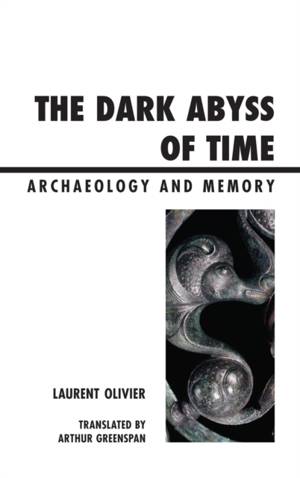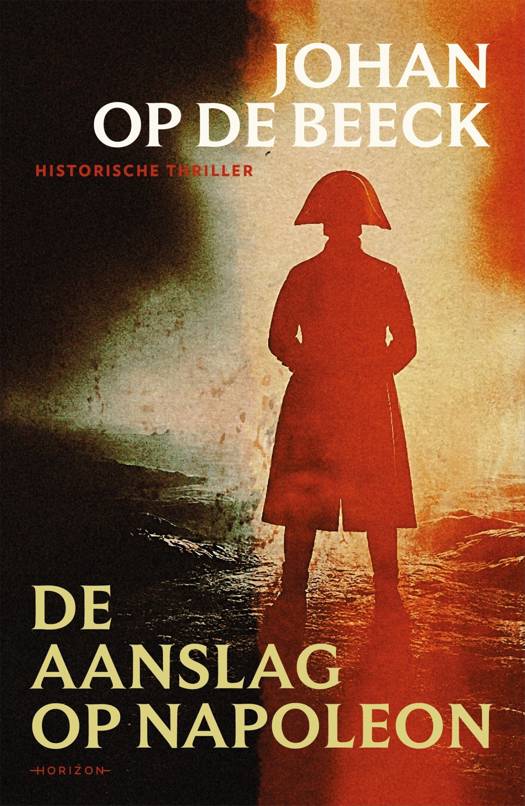
- Afhalen na 1 uur in een winkel met voorraad
- Gratis thuislevering in België vanaf € 30
- Ruim aanbod met 7 miljoen producten
- Afhalen na 1 uur in een winkel met voorraad
- Gratis thuislevering in België vanaf € 30
- Ruim aanbod met 7 miljoen producten
Zoeken
Omschrijving
The field of archaeology continues to face a major crisis of interpretation. The traditional view is that the basic business of archaeology is to reconstruct the history of cultures and civilizations through their material productions. Olivier challenges this view with a new approach to archaeological remains based on the works of French theorists such as Foucault, de Certeaux, and Derrida, with insight from Darwin and Freud. His thesis is that archaeology does not study the past itself but rather what materially remains of the past in our present. Olivier also develops an interpretation of material culture based on Aby Warburg's and Walter Benjamin's work in the anthropology of art. With wider implications for history and all social sciences, The Dark Abyss of Time is a major contribution to the theory of time, memory, heritage, and archaeology. This flawless translation makes Olivier's elegantly written work available in English for the first time.
Specificaties
Betrokkenen
- Auteur(s):
- Uitgeverij:
Inhoud
- Aantal bladzijden:
- 230
- Taal:
- Engels
- Reeks:
Eigenschappen
- Productcode (EAN):
- 9780759120464
- Verschijningsdatum:
- 17/03/2015
- Uitvoering:
- Paperback
- Formaat:
- Trade paperback (VS)
- Afmetingen:
- 152 mm x 226 mm
- Gewicht:
- 340 g

Alleen bij Standaard Boekhandel
+ 170 punten op je klantenkaart van Standaard Boekhandel
Beoordelingen
We publiceren alleen reviews die voldoen aan de voorwaarden voor reviews. Bekijk onze voorwaarden voor reviews.











